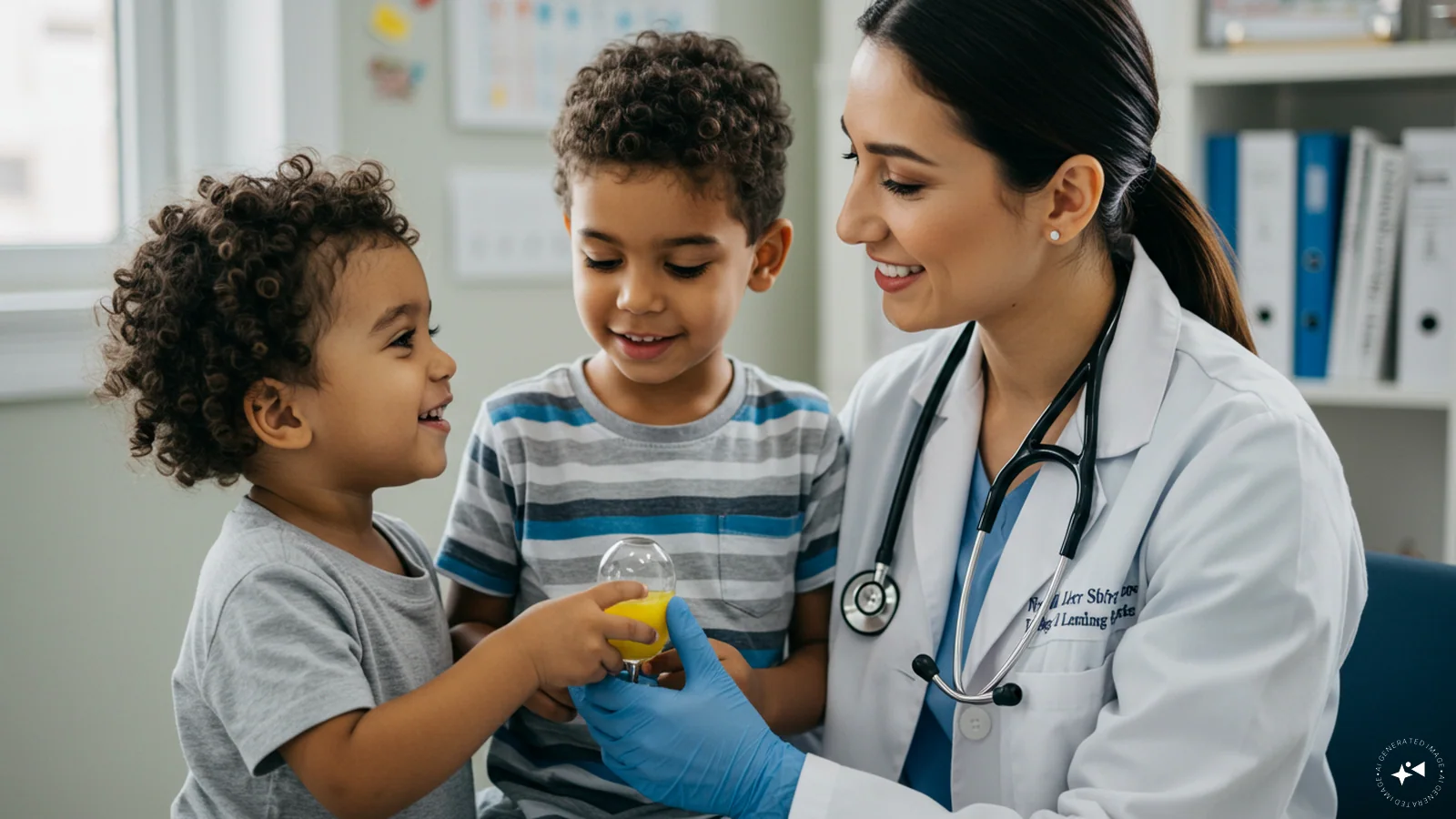By News18
The monsoon season offers welcome relief from the scorching summer, but it also creates ideal conditions for the spread of various infections. Children, with their still-developing immune systems and the natural tendency for outdoor play, are particularly vulnerable during this time.
Dr Manoj A G, Consultant Physician on Practo, helps us understand the common illnesses during monsoon and how implementing proactive measures is crucial for parents to safeguard their children鈥檚 health throughout the rainy season.
Common Monsoon Illnesses in Children: Causes and Symptoms
1. Viral Fevers & Colds: Triggered by sudden weather shifts, high humidity, and close contact in schools, viral infections are common. Symptoms include fever, sore throat, cough, and a runny nose.
2. Influenza (Flu): Influenza easily spreads via airborne droplets in crowded spaces. More intense than a cold, flu symptoms include high fever, chills, fatigue, and body aches. Annual flu shots are highly recommended.
3. Dengue & Chikungunya: Spread by Aedes mosquitoes breeding in stagnant water, dengue and chikungunya are common monsoon illnesses. Watch for high fever, severe headaches, joint pain, and rashes. In dengue, bleeding gums and low platelets are serious red flags.
4. Gastrointestinal Infections: Often caused by contaminated water or unsafe street food. Symptoms include vomiting, diarrhoea, stomach cramps, and dehydration.
5. Skin & Fungal Infections: Prolonged dampness can lead to ringworm, boils, or athlete鈥檚 foot. Wet clothes and dirty rainwater increase the risk.
6. Leptospirosis: This bacterial infection spreads through floodwater contaminated with rat urine. This infection is common among kids playing barefoot. The symptoms include fever, muscle aches, red eyes, and fatigue.
How Parents Can Safeguard Their Children From Monsoon Illnesses
Prioritize Hygiene: Encourage frequent handwashing, trimmed nails, and no face-touching after outdoor play.
Ensure Safe Drinking Water: Only give children boiled or filtered water. Avoid roadside drinks, cut fruits, or flavoured ice.
Boost Immunity Through Diet: Include Vitamin C-rich fruits like guava and oranges, warm soups, turmeric milk, and curd in daily meals.
Avoid Risky Foods: Say no to street food, raw salads, and uncovered snacks. Stick to home-cooked, well-cooked meals.
Prevent Mosquito Bites: Use nets, child-safe repellents, and full-sleeve clothing. Regularly empty stagnant water from pots, coolers, and toys.
Keep Clothes Dry: Change wet clothes promptly. Ensure garments are washed and completely dried before reuse.
When To Call The Doctor
Dr Manoj notes that parents should seek medical help if the child shows these symptoms:
Fever lasting beyond 48 hours,
Signs of dehydration (dry mouth, sunken eyes, low urine output),
Rash accompanied by fever,
Drowsiness or poor appetite, and/or
Fast or labored breathing.
With simple, proactive care, clean water, wholesome food, mosquito control, and hygiene, monsoons can be both joyful and safe.
